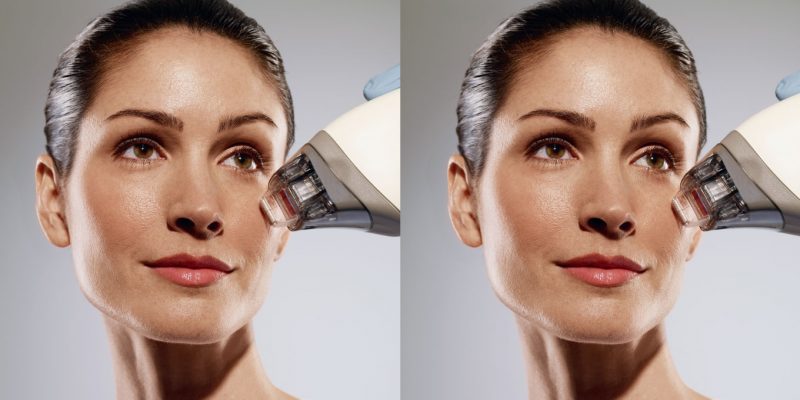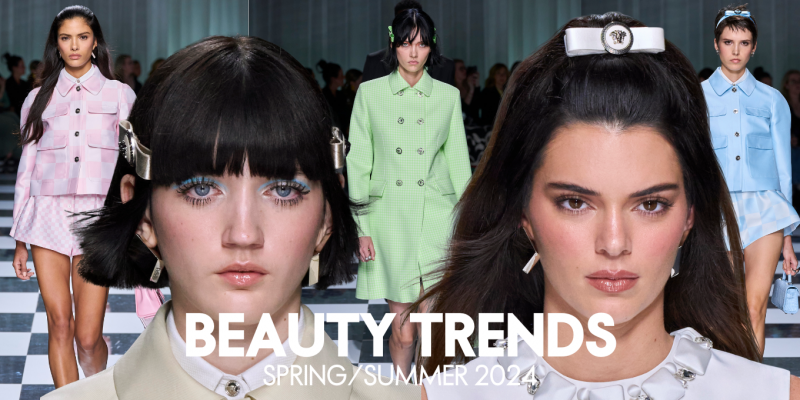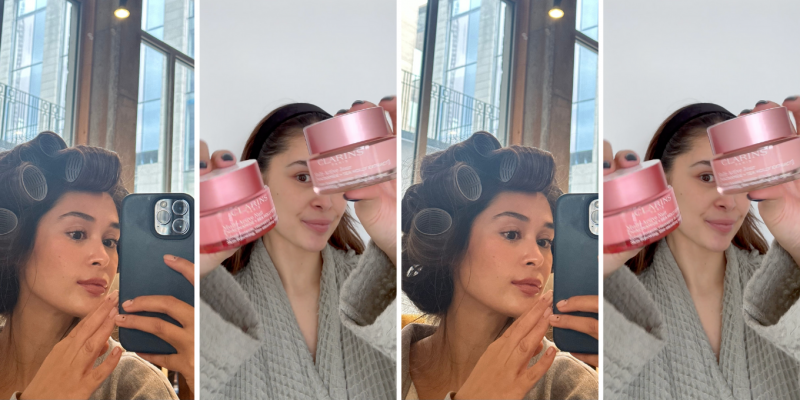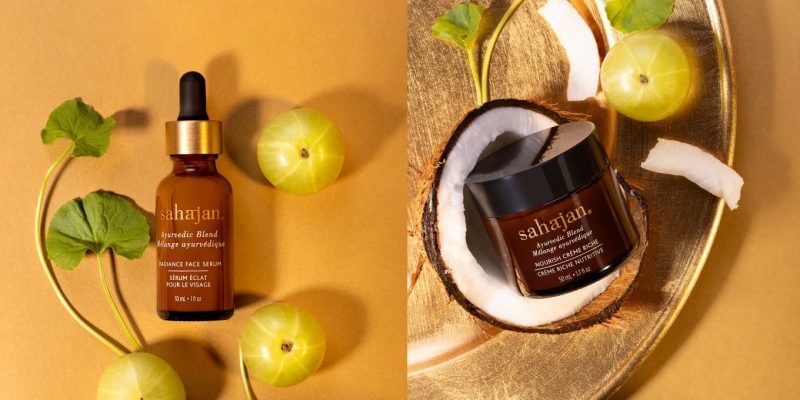Beauty
How Miss Universe Japan is changing the world (for real)
With her help, the beauty pageant has become an unlikely political platform for the evolving face of global beauty.
by : Carli Whitwell- Aug 18th, 2015
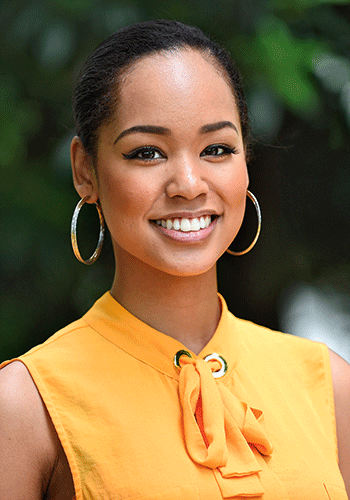
Ariana Miyamoto isn’t a beauty queen; she’s a beauty revolutionary. In March, the Nagasaki-raised model, who is half Japanese and half black, became the first biracial person to compete in and be crowned Miss Universe Japan.
Unfortunately, along with the tiara, sash and title came a startling backlash as Miyamoto was attacked by social-media trolls for not being “Japanese enough.” Japan is one of the most homogenized countries in the world: Less than 2 percent of the population is hafu, or mixed race.
And in a country where fair skin, thick, straight black hair and red button lips are traditional hallmarks of beauty, Miyamoto’s caramel skin and curly, afro-textured hair marked her as an outsider long before she stepped onto the pageant stage. “I was criticized by my classmates,” says Miyamoto. “I was told to ‘go back to America,’ even though I was born and raised in Japan.” Miyamoto hopes to use her new platform to change that. She spoke to ELLE Canada about how.
READ MORE: 4 global social media stars share their beauty must-haves
What did it mean to you to be crowned Miss Universe Japan?
I feel like Japan has taken one more step towards globalization, and feel very happy about that. I want to be a role model for people who are struggling with the same things as me.
Why was it important to participate in this competition?
I first considered entering the contest when invited by the Nagasaki office, but turned down the offer when I heard there had never been a half-Japanese representative before. I changed my mind when a half-Japanese male friend of mine ended his own life in 2014 with his half Japanese ancestry being one of the reasons. I decided to enter to change perception of and discrimination toward half Japanese so that something like that would never happen again.
Can you explain some of the racism you’ve encountered throughout your life?
In elementary school I was the only half-Japanese student. I had trash thrown at me and was laughed at, and everyone pretended not to notice. When I was talking to my friends in the classroom, both boys and girls would be told not to talk to me. Everyone would avoid holding hands with me on field trips or when we were exercising because they thought my color would rub off on them.
READ MORE: None of a kind: The end of cookie-cutter beauty
Do you ever get mistaken for a foreigner?
People who meet me for the first time don’t think that I speak Japanese. So they talk me in English and they are surprised when I speak Japanese. When I go to the restaurant a clerk gives me a menu written in English. They say that ”you can speak Japanese fluently” and praise me.
How do you plan to help change this perception?
Firstly, I want to place highly in the world competition. I also want to work for the sake of people who are suffering discrimination. I think my becoming Miss Japan has been a chance for many people to think about what it means to be Japanese. I’d like to hold lectures and talk about how I dealt with this problem, and go to other countries and listen to other people who have suffered the same thing and hopefully strengthen those whose hearts are weighed down.
What is one message you would want to share with other people of mixed race to inspire them?
My message is to love and accept yourself as you are and express yourself honestly. There is only one of you. Of course you are different. Don’t make the difference and complex and be negative about it, but rather accept it as your individuality and live uniquely.
READ MORE: Tilda Swinton’s 10 boss beauty secrets (they include chip fat)
What are some of your favourite beauty products and why?
I apply a face pack in the morning and the night. It moisturizes my skin and helps my makeup stay on.
What are some of the biggest beauty trends in Japan at the moment?
The number of people who have orthodontic treatment is increasing in Japan.
READ MORE:
Korean beauty: The 12-step skincare regime
The 8 hottest beauty buys for August
8 lipsticks ELLE Canada editors swear by
Newsletter
Join our mailing list for the latest and biggest in fashion trends, beauty, culture and celebrity.
Read Next

Fashion
Are Fashion Brands Getting Greener?
While the fashion industry is making a lot of noise about being more sustainable, a closer look shows that its earth-friendly commitments are often more illusion than reality.
by : Marouchka Franjulien- Apr 19th, 2024

Beauty
What Beauty Packaging Is Actually Sustainable?
We sought out leaders in the field to help us get to the bottom of the blue bin once and for all.
by : Victoria Christie- Apr 19th, 2024

Culture
Discover Club Med’s Stunning Exclusive Collection
Vacation destinations that bring pure luxury and comfort.
by : ELLE Canada- Apr 8th, 2024

